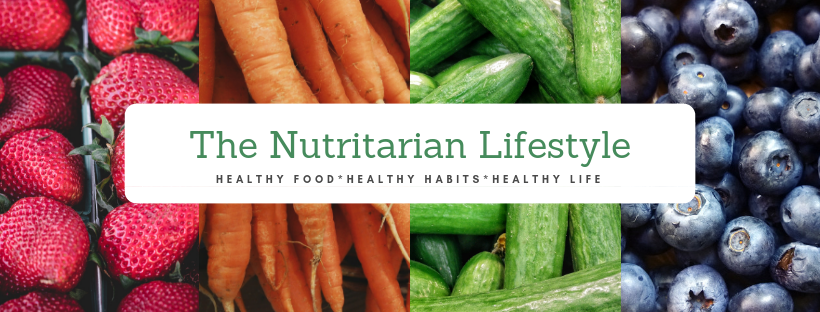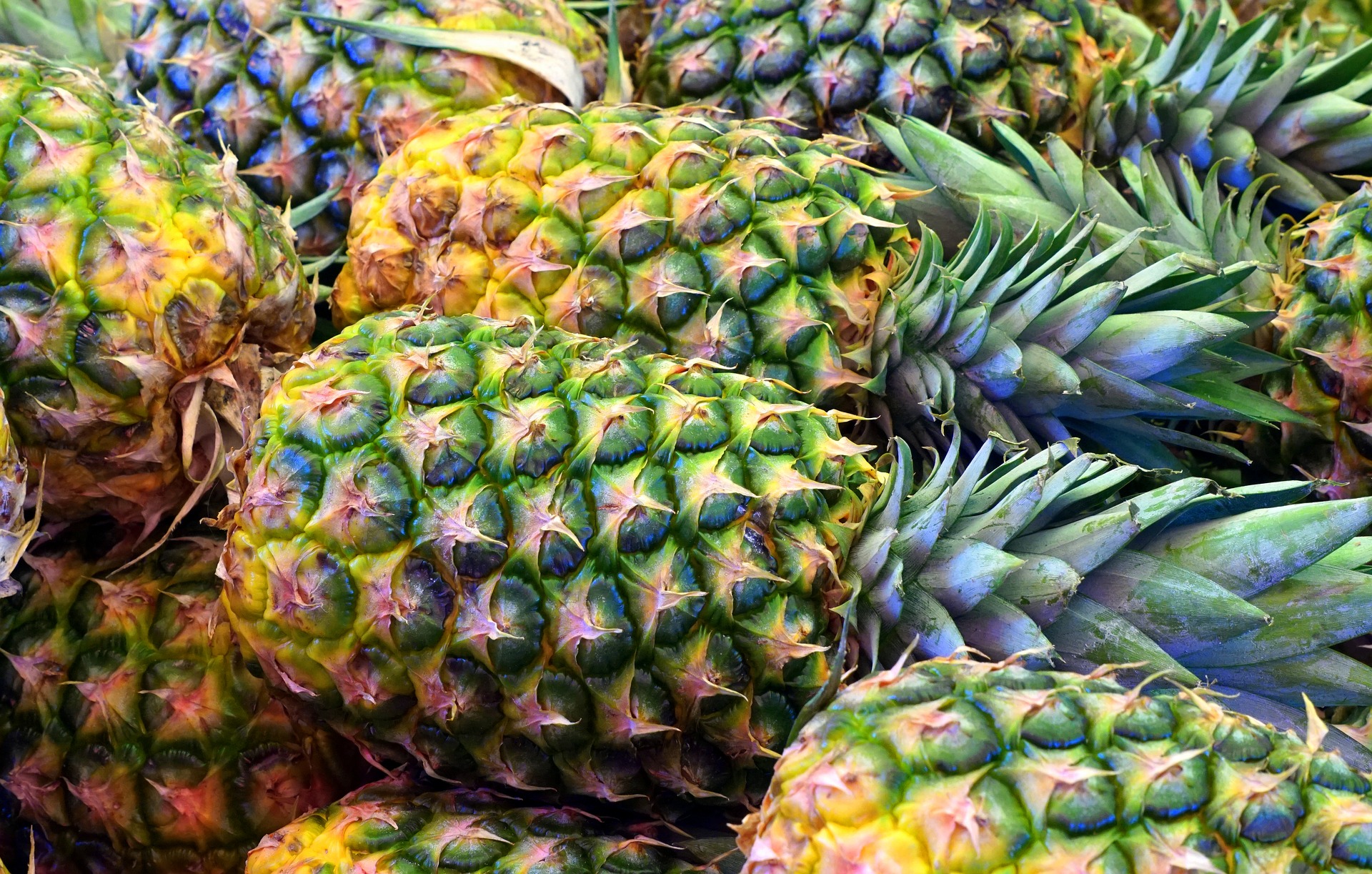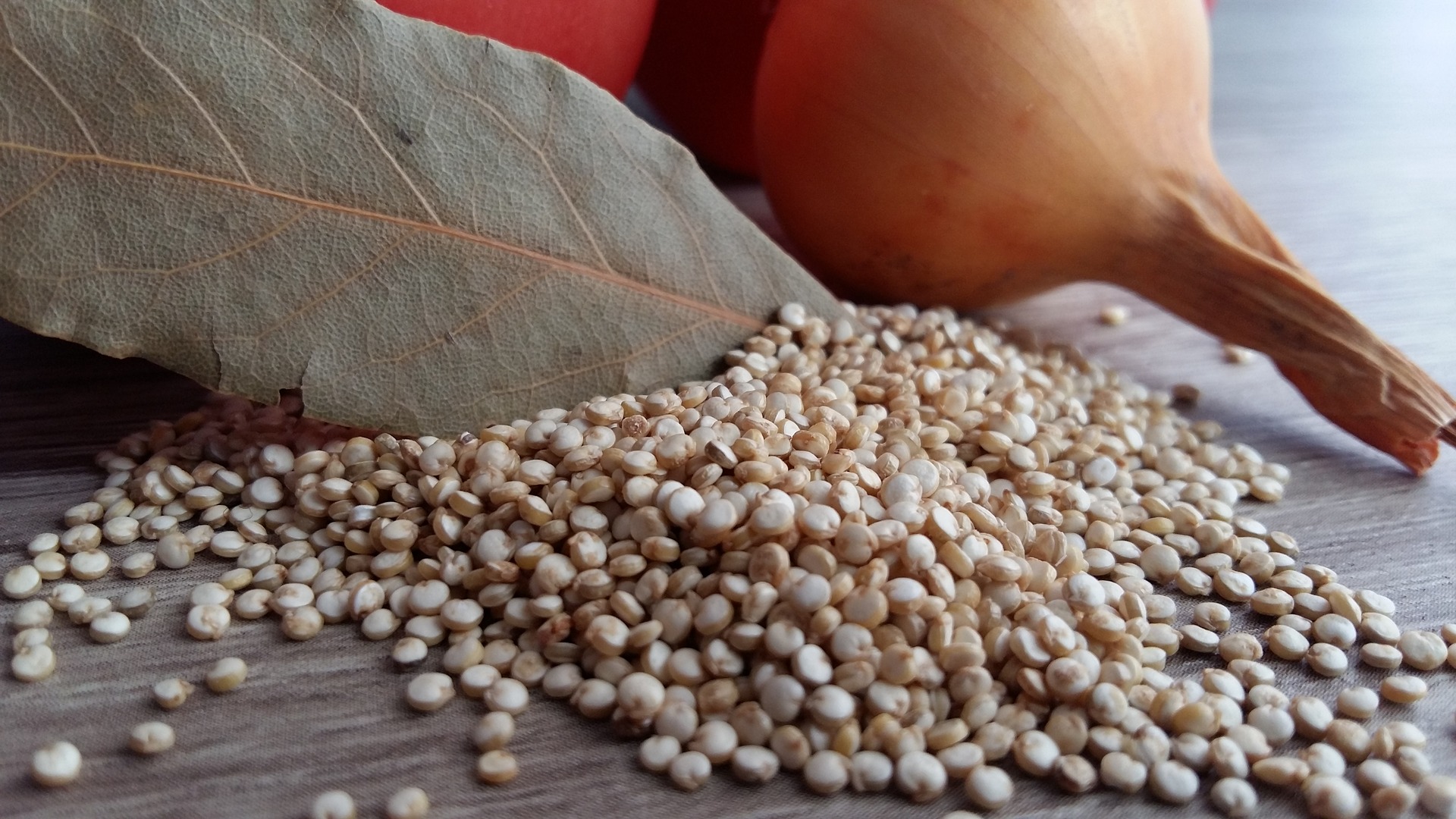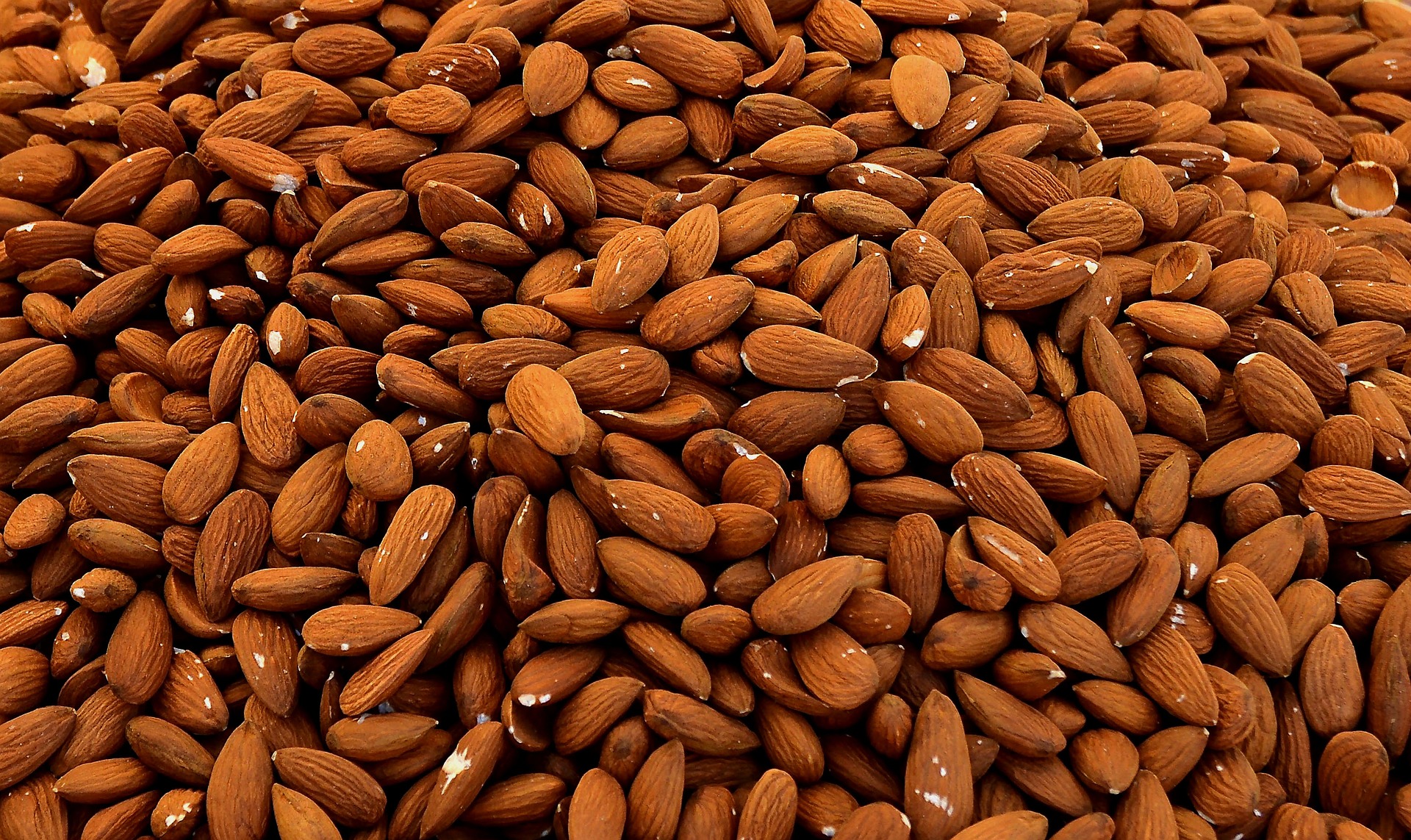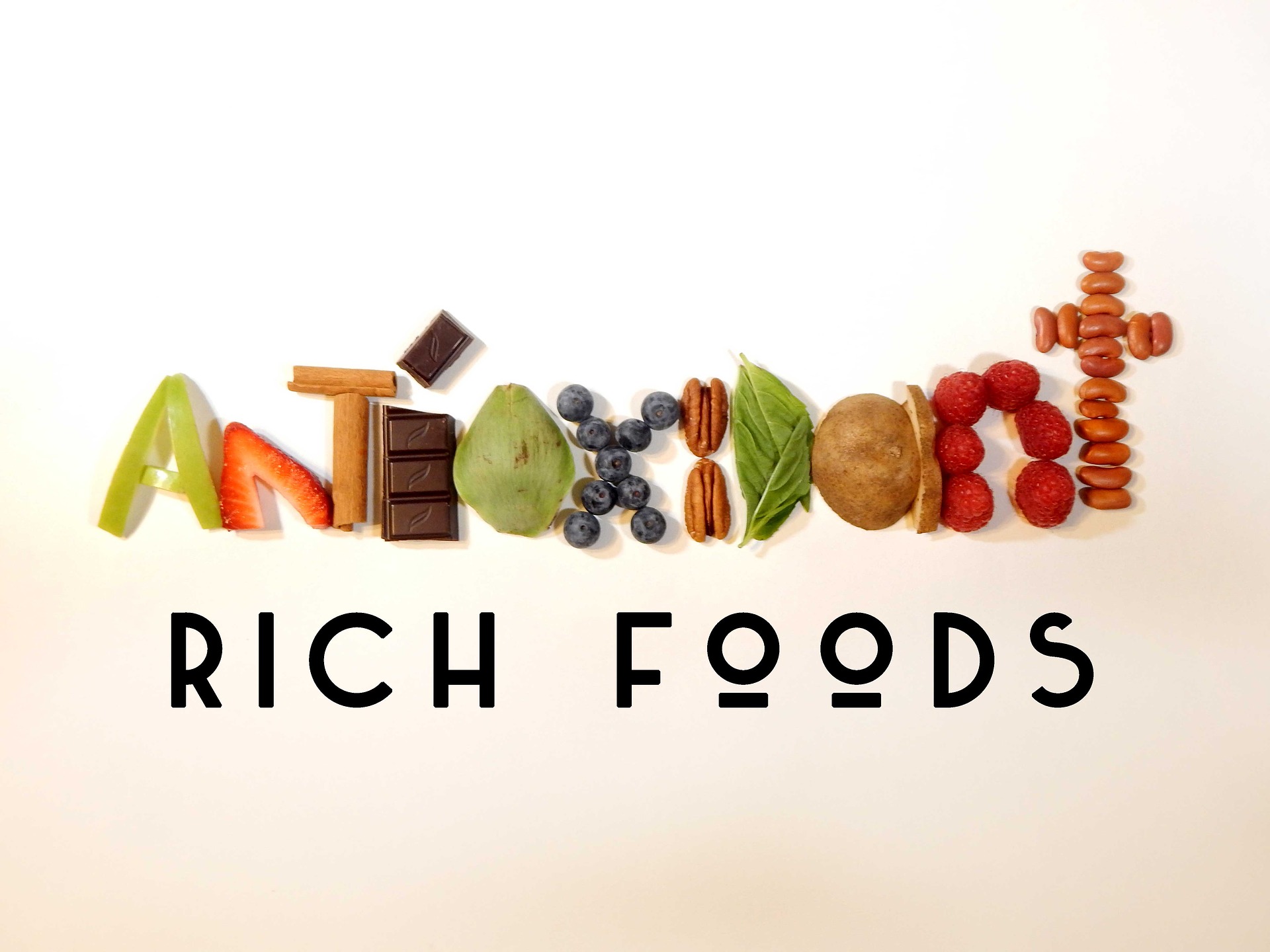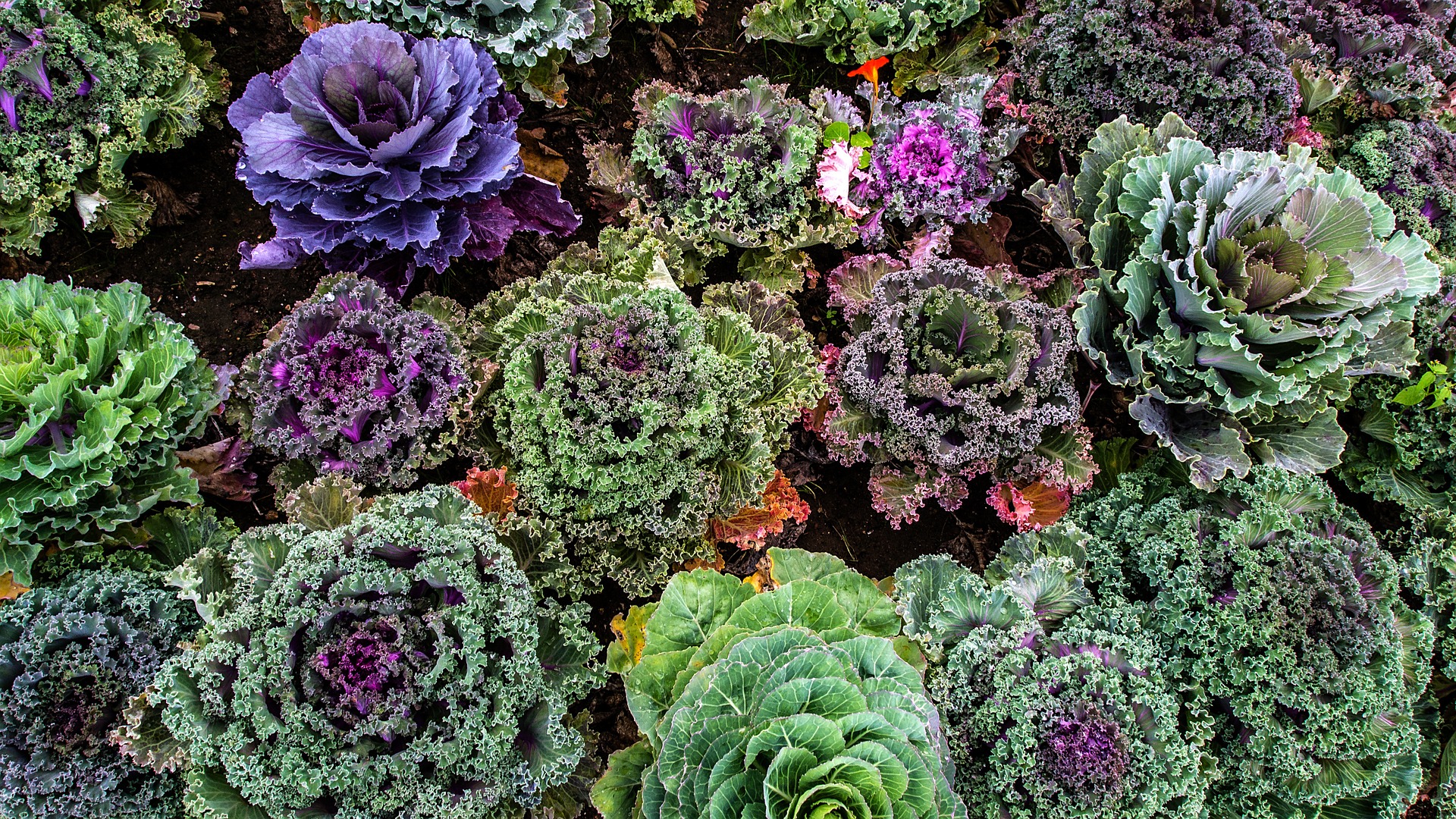
10 Benefits of Kale
Unless you have been living under a rock, you know how popular kale has become. This is due to numerous studies that have shown the many health benefits of eating kale, along with other green, leafy vegetables. Consider these benefits of adding kale to your diet.
1. It Lowers Your Risk For Cancer
An excellent benefit to eating more kale is that it has the potential to lower your risk for cancer. There are a minimum of five forms of cancer that the nutrients in kales can help prevent, including prostate cancer, colon cancer, breast cancer, bladder cancer, and ovary cancer. Nutrients like glucosinolates and isothiocyanates are some of the ones leading to this benefit.
2. Kale is Very Nutrient-Dense
Kale isn’t such a healthy food, it is a superfood! It is among the list of fruits, vegetables, grains, and lean proteins that contain an exorbitant amount of vitamins and minerals. Kale is especially nutrient-dense, with vitamins like A, C, B6 and K. It also has plenty of manganese, calcium, copper, magnesium and potassium. While in smaller does, kale is also good for vitamin B2, B1, vitamin B3, phosphorous, and iron.
3. You Get Anti-Inflammatory Properties
It is important to consume a large number of food products that contain anti-inflammatory properties. These will help you fight off illnesses and viruses. Kale is good for anti-inflammatories, also helping with autoimmune disorders, asthma, and arthritis. It also has a good amount of omega3 fatty acids.
4. It Has a Lot of Protein
You also want your vegetables to contain a good amount of protein just in case you are limiting other protein sources, such as dairy, nuts, or meat. Kale is a great alternative to eating meat, so it can also be enjoyed if you are vegetarian or vegan. A cup of kale has about 3 grams of protein, but if you have a big salad, you are increasing it to 9 or more.
5. You Can Keep Your Cholesterol Levels Low
Kale is the ideal vegetable if you have problems with your cholesterol. High cholesterol levels can increase your risk for heart disease and other cardiovascular conditions, so you definitely want to avoid it as much as possible. Kale is better when cooked instead of raw, so try to find a dish you can serve it with.
6. Kale Can Detox Your Body
Are you just switching to healthy eating lifestyle and feel like you could use a good detox? If so, kale might be the answer! This leafy green vegetable is known to be a detox food, helping to cleanse your liver and start fresh. Eating more kale during the beginning of your diet allows you to detox your body properly.
7. Kale is Filled With Vitamin C
Many people think about citrus fruits and berries when they try to increase their vitamin C, but don’t forget about vegetables! Kale is a great source of vitamin C, having nearly 4.5 times more than spinach. Vitamin C also works like an antioxidant, helping you to avoid illness and infections.
8. You Get a Lot of Omega Fatty Acids
You learned a little about omega-3 fatty acids before, but it bears repeating; you need them in your body as much as possible. Kale is a good source of omega fatty acids, which is good because you can’t make these on your own. You must get your omega fatty acids from an outside source. This helps to prevent stroke, heart disease, rheumatoid arthritis, and lupus.
9. Kale Has a High Amount of Vitamin K
You might not be familiar with vitamin K, but it is time to be! This is an important nutrient to have in your body. It helps to reduce the risks of blood clotting by binding calcium in your body. Kale is a top resource for vitamin K, having nearly 7 times what you need in a day just be eating one cup of kale.
10. You Get a Lot of Vitamin A
Kale can help lower your risk of cancer due to its high levels of vitamin A. This vitamin helps with everything from oral cavity cancer to lung cancer. Vitamin A can also help to protect your vision, protecting against age-related macular degeneration.
